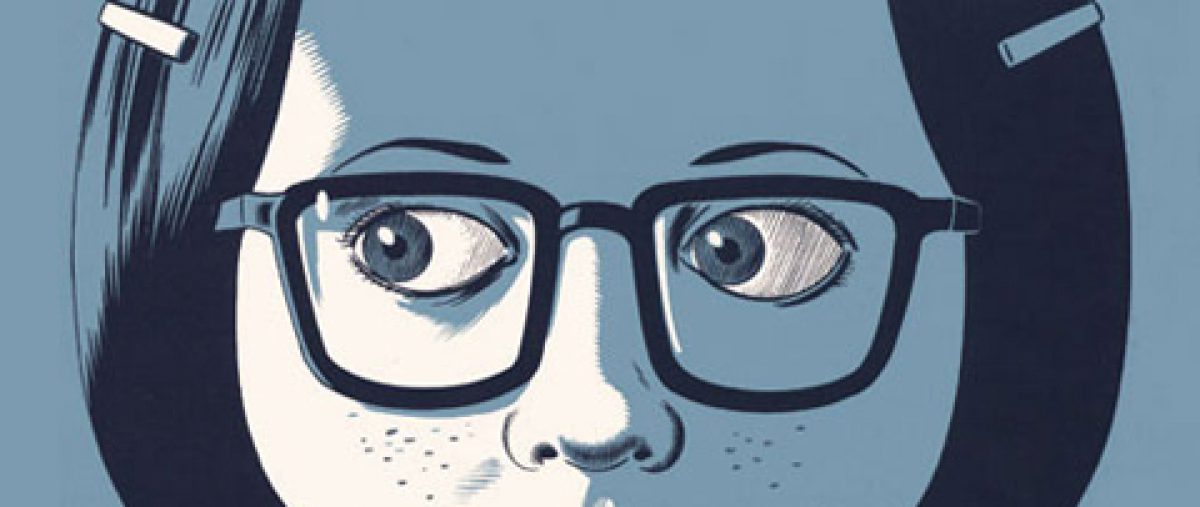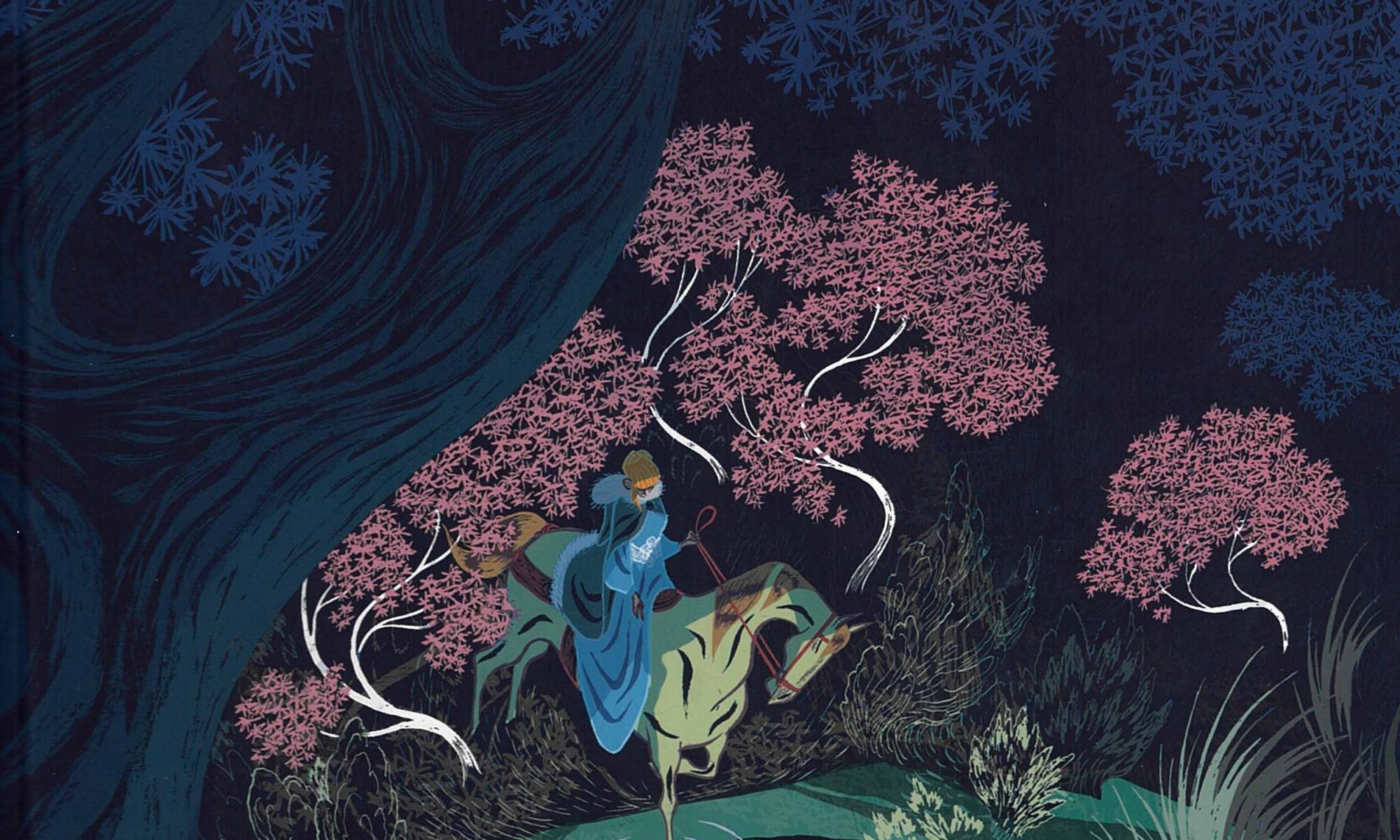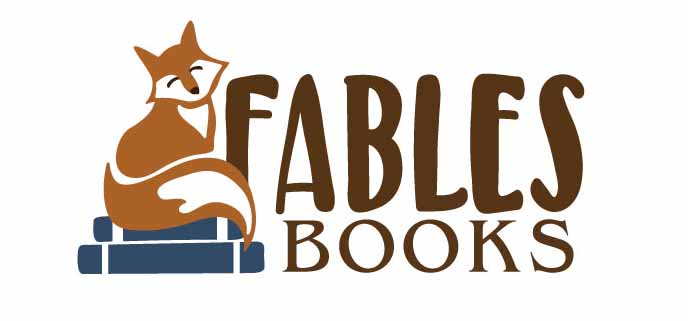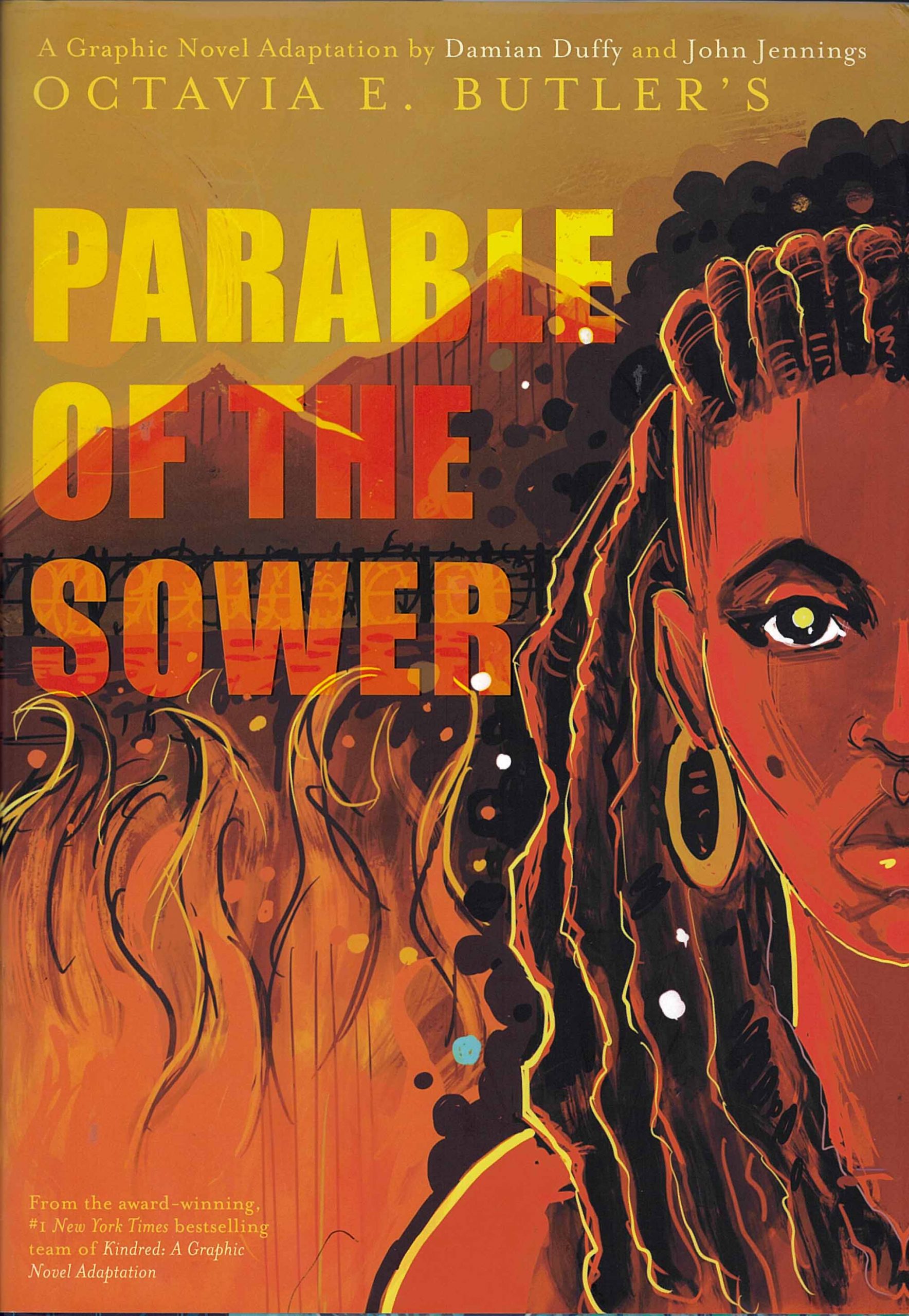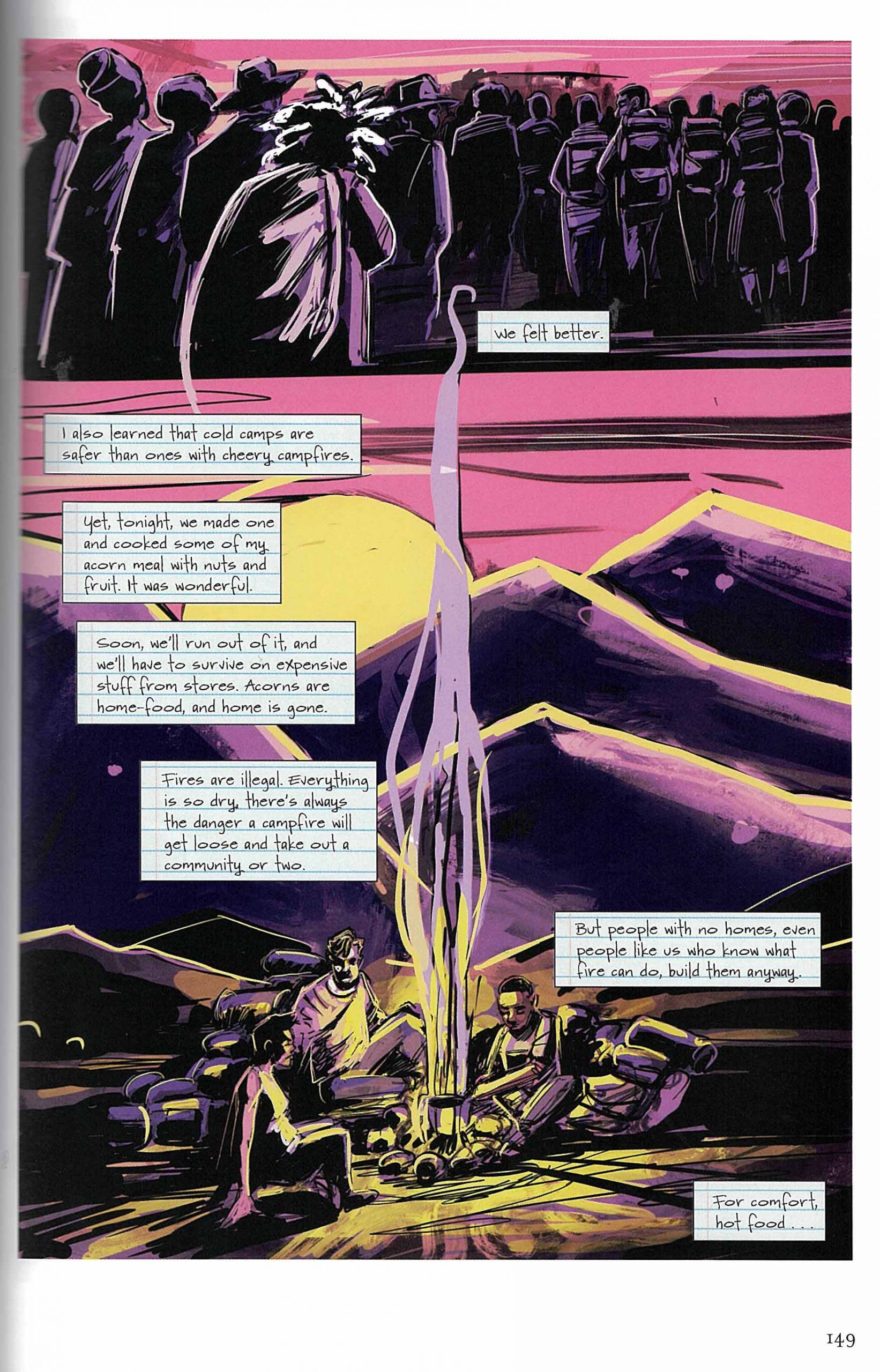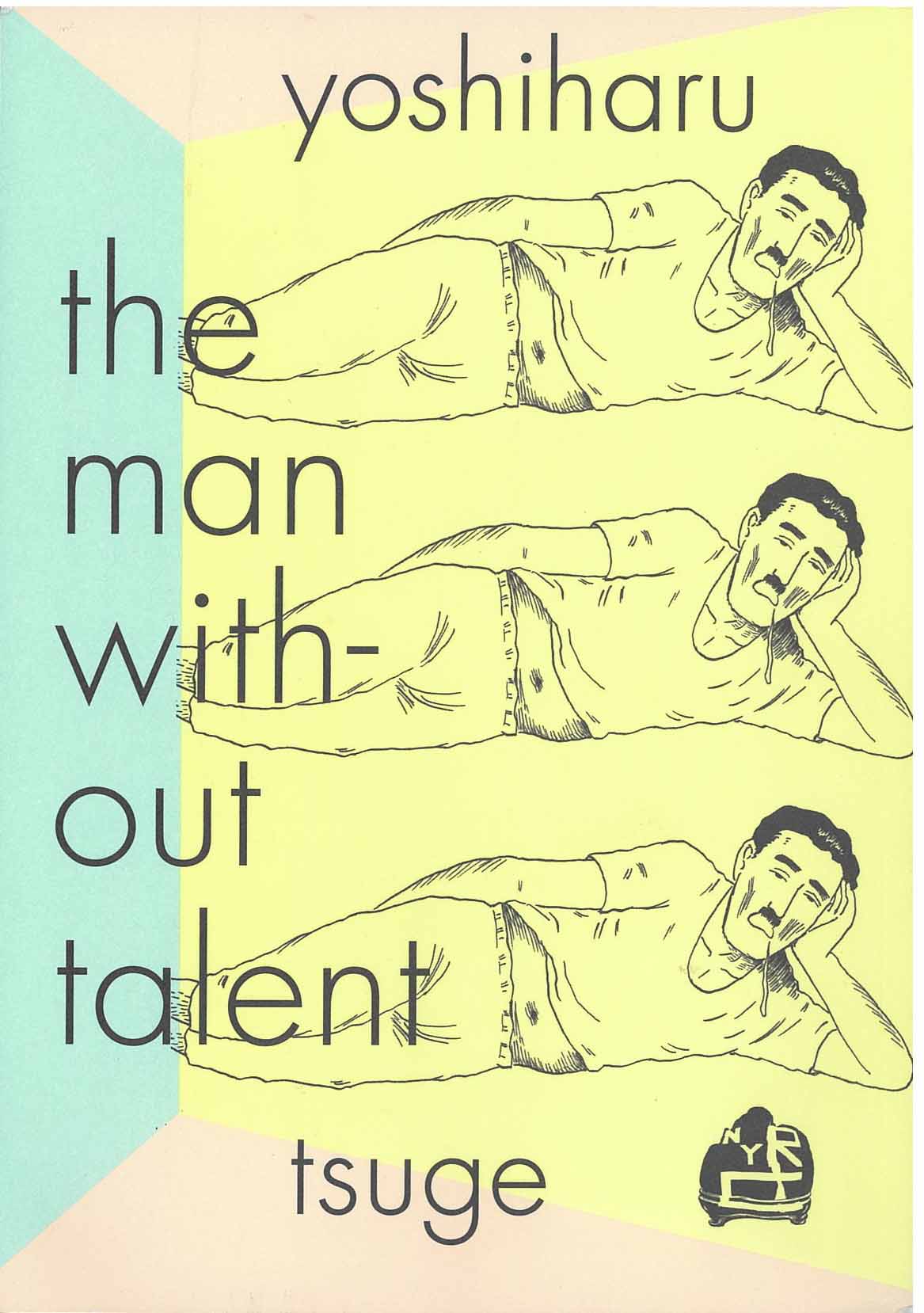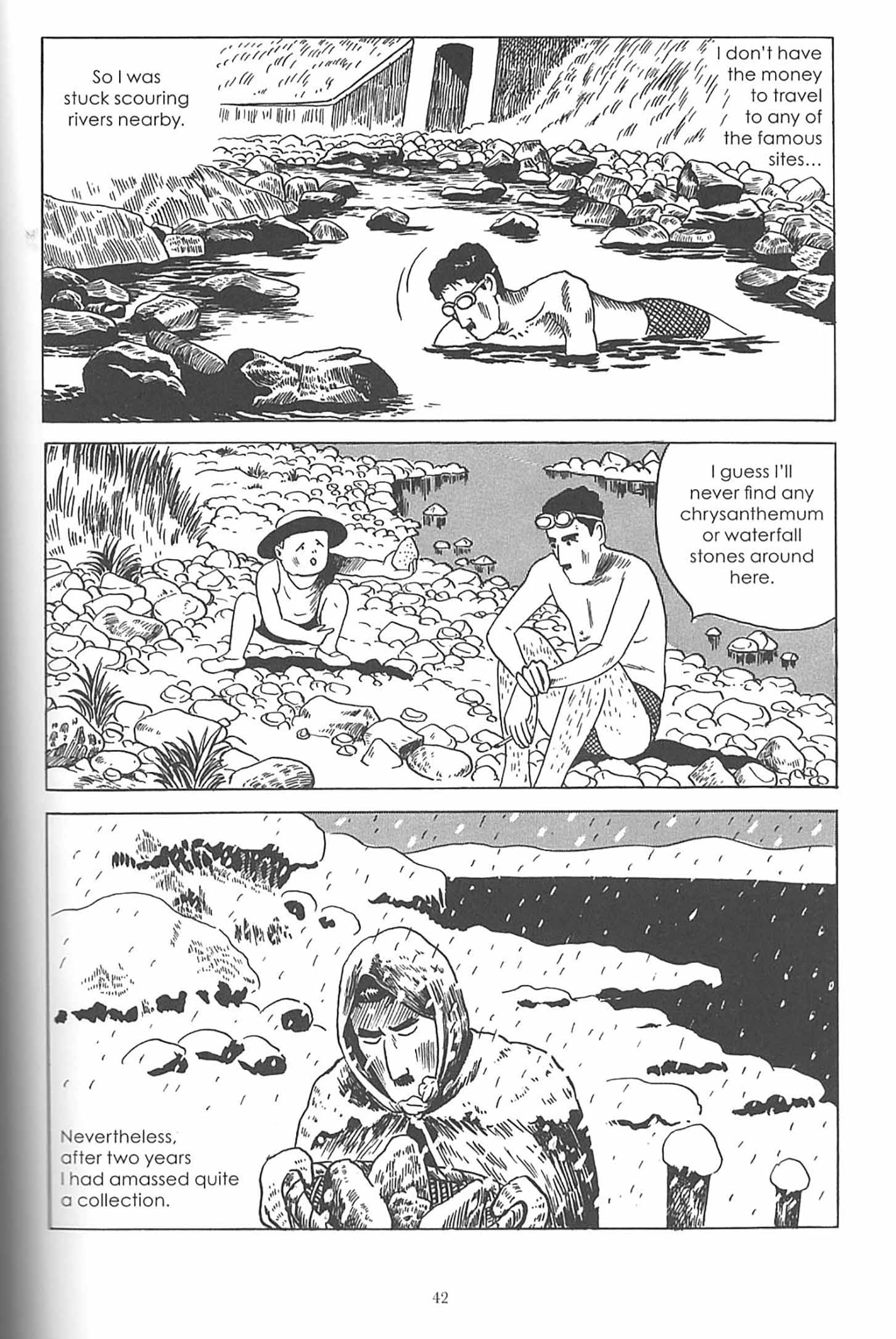“The Golden Age: Book One.” By Roxanne Moreil and Cyril Pedrosa. Trans. from the French by Montana Kane. (Originally published 2018.) First Second, February 2020. 224 pp. Hardcover, $29.99. 14 and up.
Thanks to Fables Books, 215 South Main Street in downtown Goshen, Indiana, for providing Commons Comics with books to review.
COVID-19 PROTOCOL: Please wear a mask as required by local mandate, and follow store guidelines. You may enter at either the front or back entrances. High risk customers can still make browsing appointments before or after hours, and all customers can continue to order online at fablesbooks.com, over the phone 574-534-1984, or via email fablesbooks@gmail.com. *Order deadline to ensure Christmas delivery: December 15.*
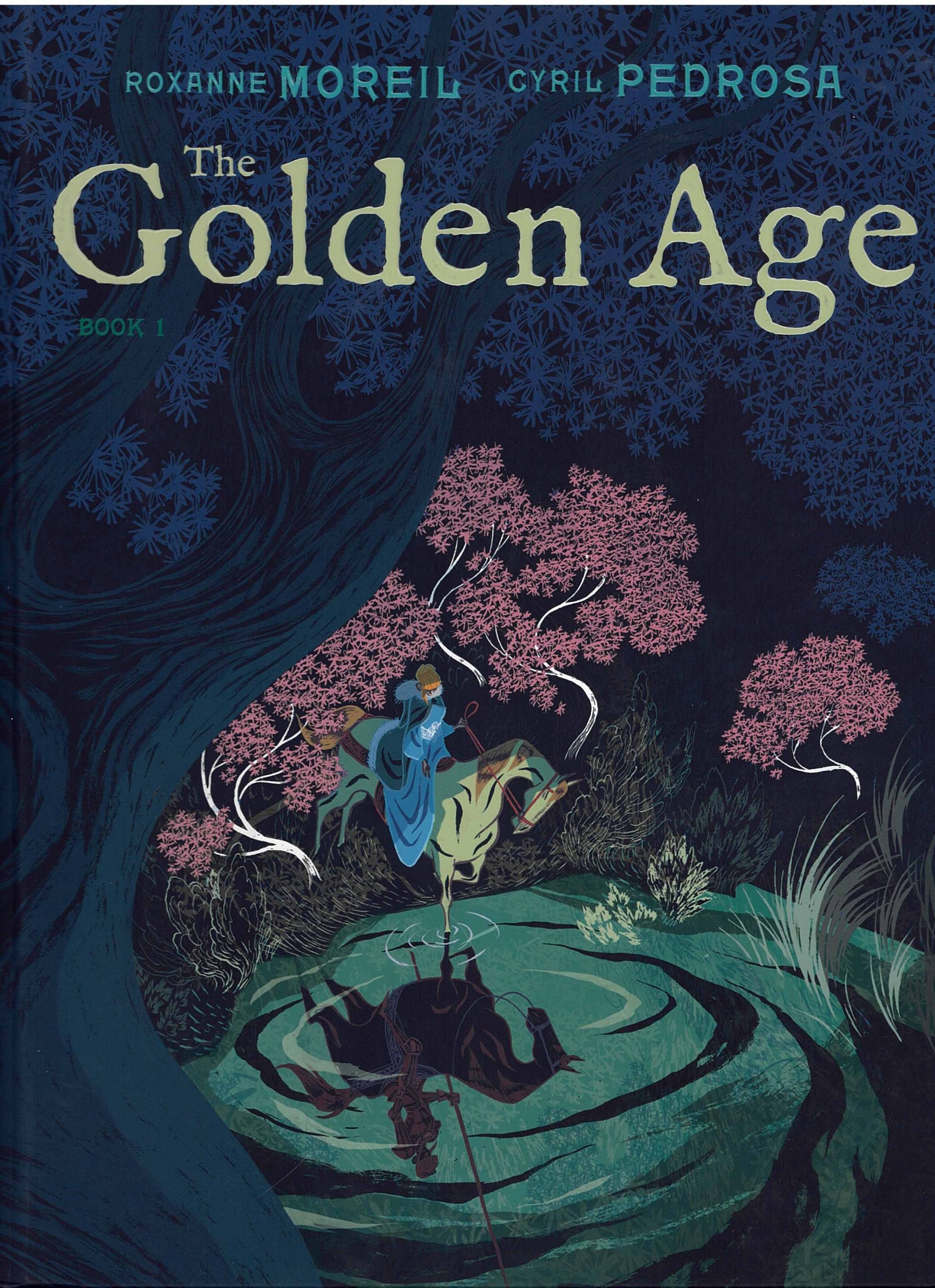
Right from the opening pages of “Golden Age,” French artist Cyril Pedrosa catapults readers into his surreal, color-lush medieval-era landscape:
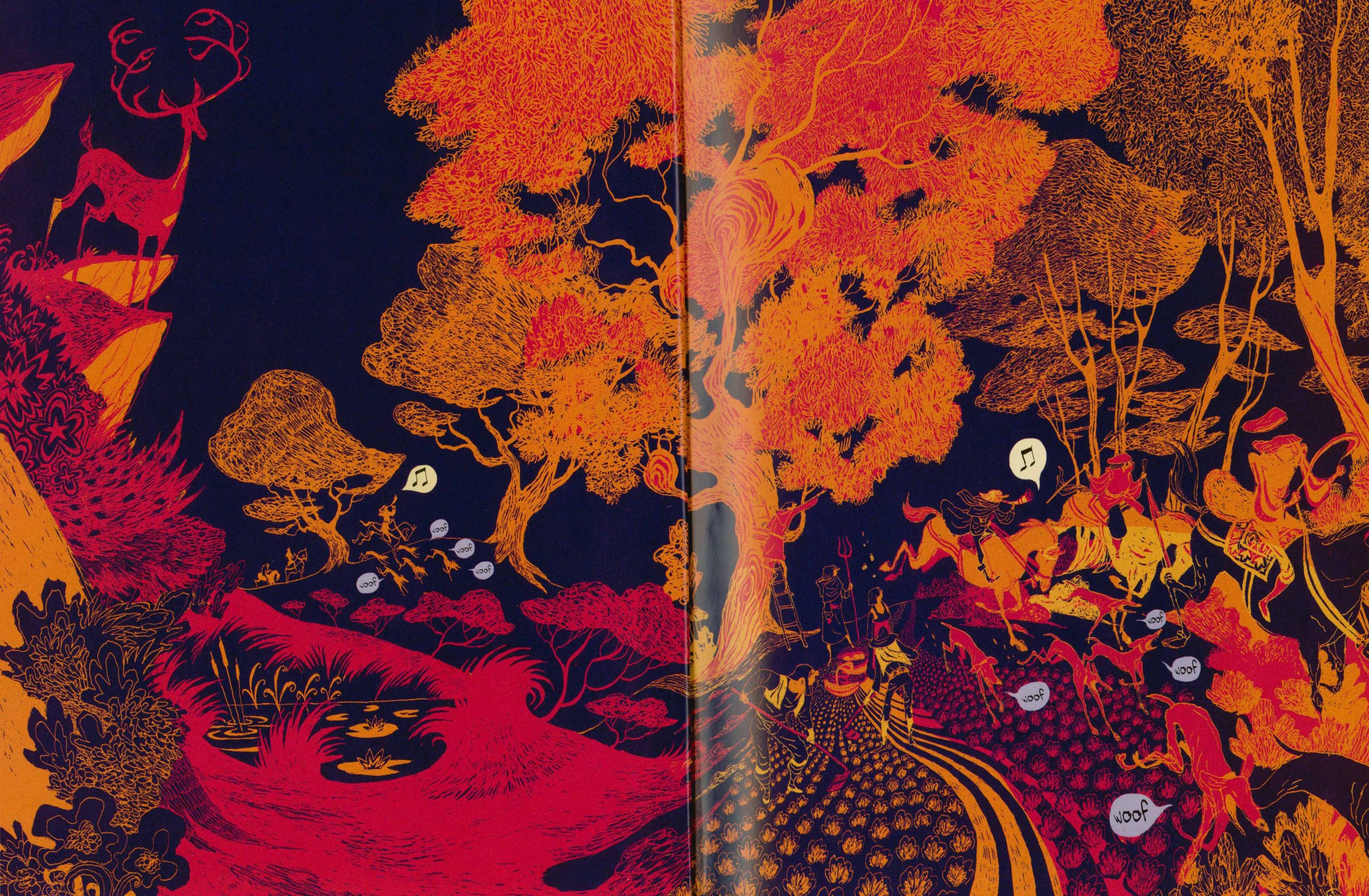
Co-writer Roxanne Moreil doesn’t waste time either, swirling the class divide central to this story immediately into the visual soup. The peasants pause their work to watch the nobles and their dogs trample their crops for the sake of royal recreation. Trouble bubbles up from the very soil of the kingdom of Antrevers. Continue reading ““The Golden Age: Book One,” by Roxanne Moreil and Cyril Pedrosa.”
